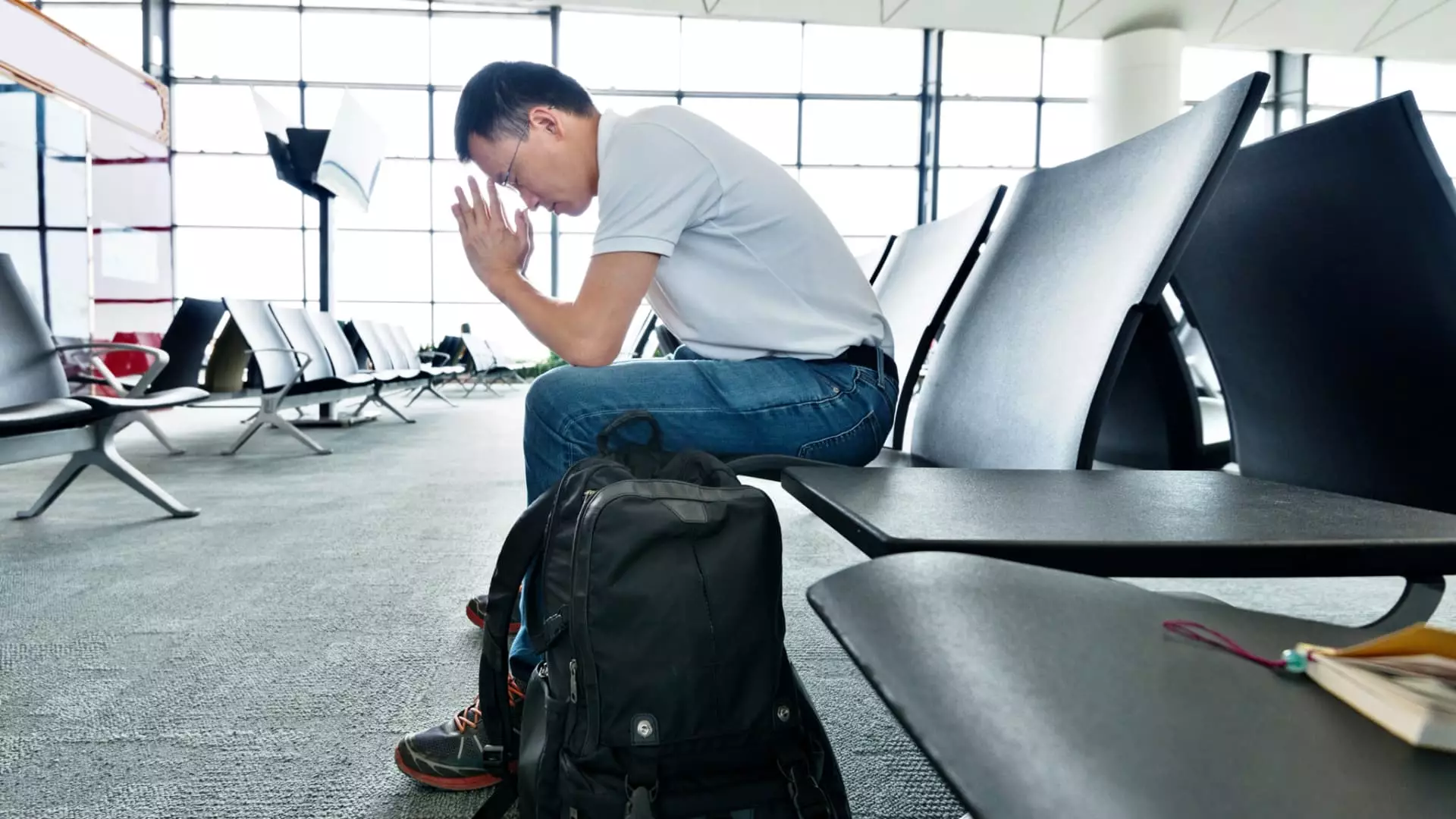In response to the increasing instances of verbal and physical abuse towards airline staff, Japan Airlines and All Nippon Airways have taken a firm stance by updating their policies regarding customer harassment. The recent updates, posted on their websites, outline nine specific behaviors that constitute harassment, including abusive language, threats, assault, and even deeds that disrupt business operations.
The lack of clear standards in dealing with customer interactions has placed a significant burden on airline employees. According to ANA’s vice president of CS promotion, Yoshiko Miyashita, some employees have been forced to take leave due to the stressful nature of handling such situations. This highlights the importance of setting clear guidelines to protect the well-being of airline staff.
Both Japan Airlines and All Nippon Airways have implemented training programs for their employees to address harassment. Staff members will receive manuals detailing how to respond swiftly and appropriately to malicious behavior. Additionally, aftercare support has been established to ensure the physical and mental health of employees are taken care of in case of any incidents.
The updated policies of the two airlines outline the consequences for travelers who engage in harassment. A warning will be issued, and if the behavior persists, it can lead to denial of boarding and even involve the police. This zero-tolerance approach sends a clear message that such behavior will not be tolerated.
In comparison to the United States, where air rage incidents have been on the rise, Japan has seen a different pattern of customer harassment. While Asian airlines have not experienced the same frequency of inflight meltdowns, incidents in Japan serve as a reminder that the issue is not exclusive to Western carriers. The cultural norms of politeness and patience in Japan do not exempt airlines from facing disruptive behavior.
Recent incidents in Japan have shed light on the challenges faced by airline staff when dealing with unruly passengers. From a passenger causing a delay due to language preferences to an intoxicated individual biting a flight attendant, these events emphasize the importance of having proper protocols in place to handle such situations.
In response to the rise in customer harassment, municipalities and companies in Japan are stepping up to protect their employees. Measures such as removing names and photos from name tags aim to prevent staff members from becoming targets of online harassment. These proactive steps reflect a commitment to ensuring the safety and well-being of airline employees.
Japan’s approach to addressing customer harassment in the airline industry demonstrates a commitment to protecting the rights and well-being of airline staff. By setting clear policies, providing training, and implementing consequences for harassing travelers, Japan Airlines and All Nippon Airways are taking proactive steps to create a safe and respectful environment for both employees and passengers alike.

